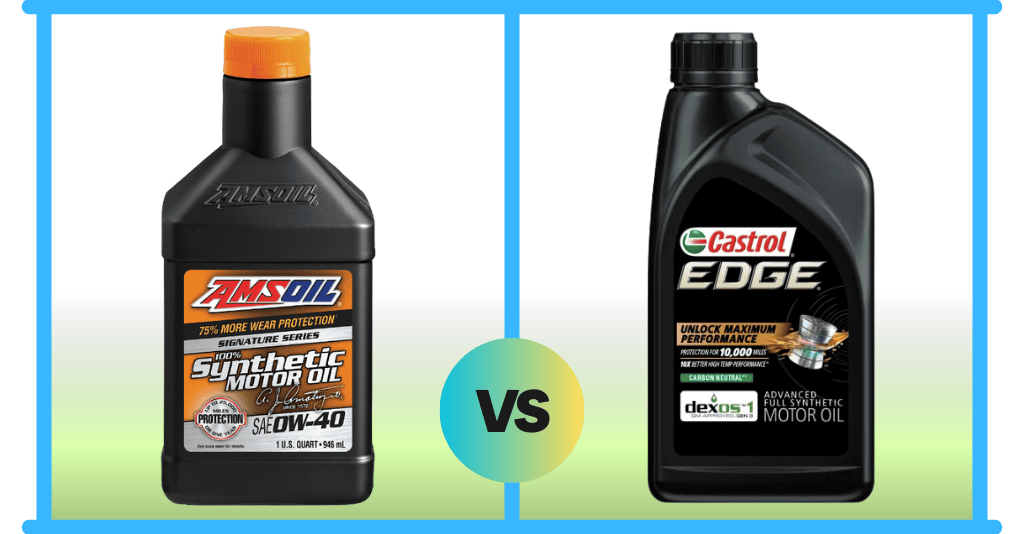Amsoil vs Castrol: which is better and why?
As an avid car enthusiast, I’ve tried just about every major brand of motor oil over the past few decades.
Only a few brands that always seem to be at the top of comparisons.
These top brands produce high-quality synthetic and conventional oils that are popular choices for many drivers.
However, in my experience, there is a clear winner when it comes to overall performance – and that is Amsoil.
Let’s take a deeper look at two of the leading engine oil brands…
And see how they stack up against each other in key areas like wear protection, fuel economy, and value.
I’ll share some real-world examples from using both oils in multiple vehicles over 20+ years to help you decide which is the better option for your specific needs.



